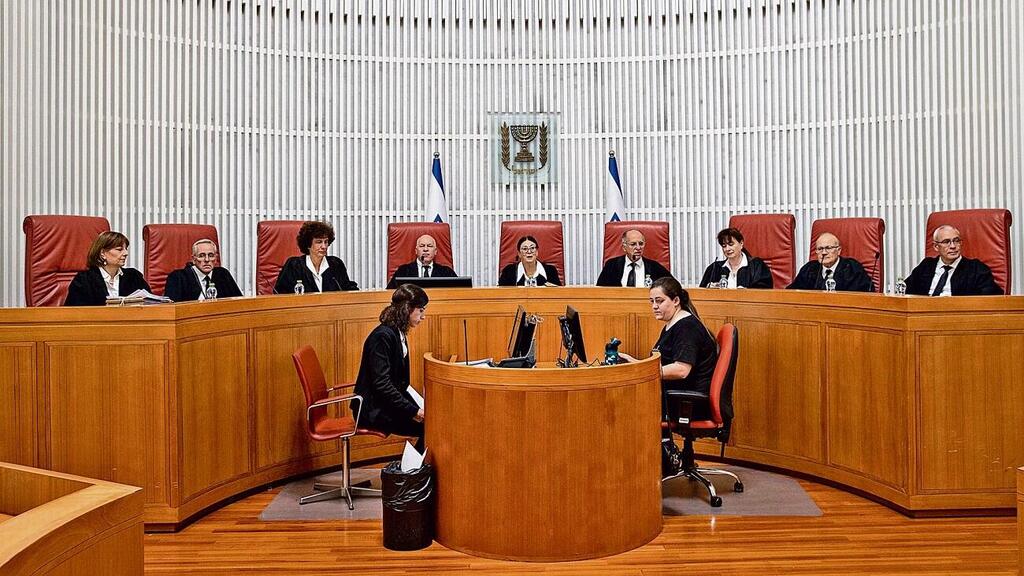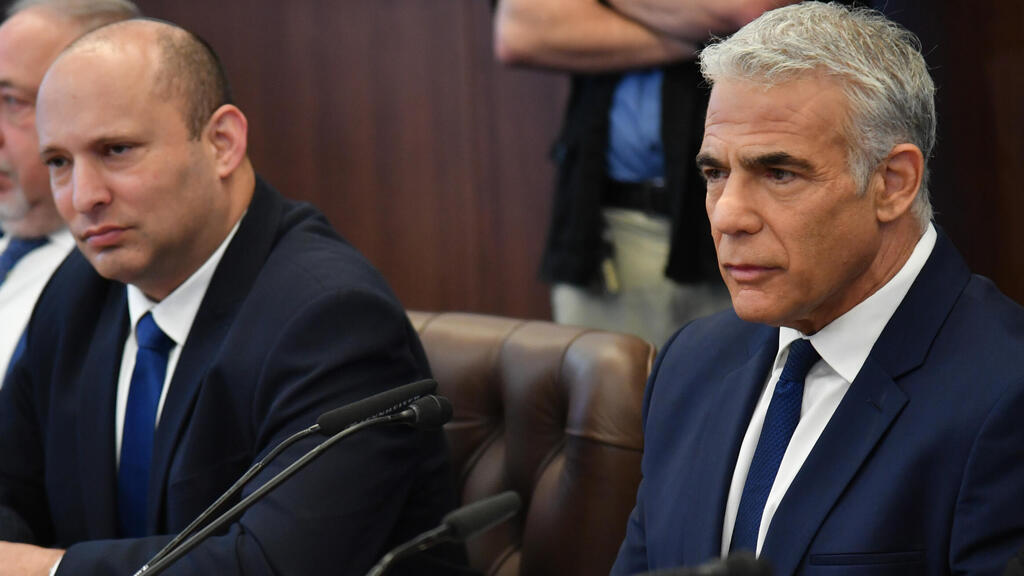Getting your Trinity Audio player ready...
There’s a certain air of capitulation in the need to explain why in Israel there is currently neither a judicial revolution, nor a judicial coup happening. Sometimes, the obvious must be stated. All the more so in light of the extremist rhetoric, which has no connection to reality, regarding the planned judicial reforms.
These are made-up ideas voicing the hysteria rooted in two Israeli general elections – May 1977 and November 2023 - and the unwillingness of some to let the Israeli right rule.
The 1977 “revolution,” when the right defeated the Mapai rule, was a genuine breaking point for the Left, which had ruled the country unimpeded until that point. Present calls decrying a “breaking point” are, in many ways, simply rehashing the 1977 “breaking point” - which, unsurprisingly, also earned the moniker “regime change.”
Menachem Begin’s image graced “wanted” signs, warning that democracy would die under his rule. But not only did Begin not kill Israel’s democracy, the 1977 “revolution” never reached fruition because of a different judicial coup, known by the sanitized term "judicial activism.”
This is the very activism that abrogated the balance of powers: unsettled the power balance between the three branches of government and crushed public trust in the judicial system.
This judicial activism is often attributed to Basic Laws: Human Dignity and Liberty, passed in the 1990s, but which began in 1977. A further source of judicial activism has been the Left’s need to find further power bases from which to continue managing the country.
Until then, the Supreme Court had been relatively conservative, but under Aharon Barak’s tenure as chief justice of the Supreme Court, it was made possible for anyone to challenge it (including those unaffected by the issue at hand).
The Supreme Court’s field of judgment was thus broadened, begetting the concept that “everything is up for judgment” – that there’s nothing that a court can’t debate. Then came “proportionality” and “reasonableness”, the Human Dignity and Liberty Basic Law. If there was a “revolution,” it was in the law courts.
Unlike coups, the signs of reform have been identifiable for years. For decades, sources on the Right have opposed the extreme changes in Israel’s judicial system and have called to restrain the Supreme Court because it’s not a branch of government that balances out the others, but rather a branch trying to abolish the other, weaker, more moderate branches which aiming to implement the will of the people as decided at the ballot.
And this is the point. Those opposing Justice Minister Yariv Levin’s judicial reform lost the elections. It was a very painful form of losing, as it’s a right-wing Benjamin Netanyahu government - two things that the left thought wouldn’t happen so soon after the Bennet-Lapid government.
For the losers, the possibility of publicly elected officials, who are supposed to have far greater say on the Judicial Selection Committee – in nothing short of a tragedy. For them, a situation whereby judges don’t have veto rights on the Judicial Selection Committee (as is the case today), will by definition lead to politicizing the Supreme Court.
Putting aside the fact that the Supreme Court is already politically left-wing, the balance within the Judicial Selection Committee, will, over the years, naturally lead to a more balanced Supreme Court.
It’s widely known in Israel that the highly respected late judge, Ruth Ginsburg, was not accepted to the American Supreme Court because of her views; other judges referred to belonging to the Supreme Court as “family.” It’s not just politicization – it’s nepotism.
As fate and the People of Israel decided, the Bennet-Lapid government quickly fell. The “Anything-but-Bibi” strategy (i.e., the Israeli left’s decision to boycott the right-wing bloc headed by Netanyahu – claiming it was due to his indictments), spat its own voters and the public voted in a right-wing government.
This government’s aim is – after 46 years - to complete the 1977 “revolution.” Not via a coup, not by lies or violence, but by detailed and reasoned reform, aiming to restrain the Supreme Court and reinstate public trust in it while strengthening Israeli democracy.
Those calling the reform a coup, don’t respect Israeli democracy and don’t care about it. The struggles between left and right before the foundation of the state were too many to list. But in recent times, since Levin presented his reform, protest leaders (including the current president of the Supreme Court) are behaving as if they’ve gone to war.
This has led to incitement against the Right, and against the prime minister. It’s best that those opposing the reform lay down their verbal arms and their extreme rhetoric, take a deep breath and let Israeli democracy work. They say they care about it.
Naveh Dromi is a columnist for various publications, and an analyst appearing on Channel 14





